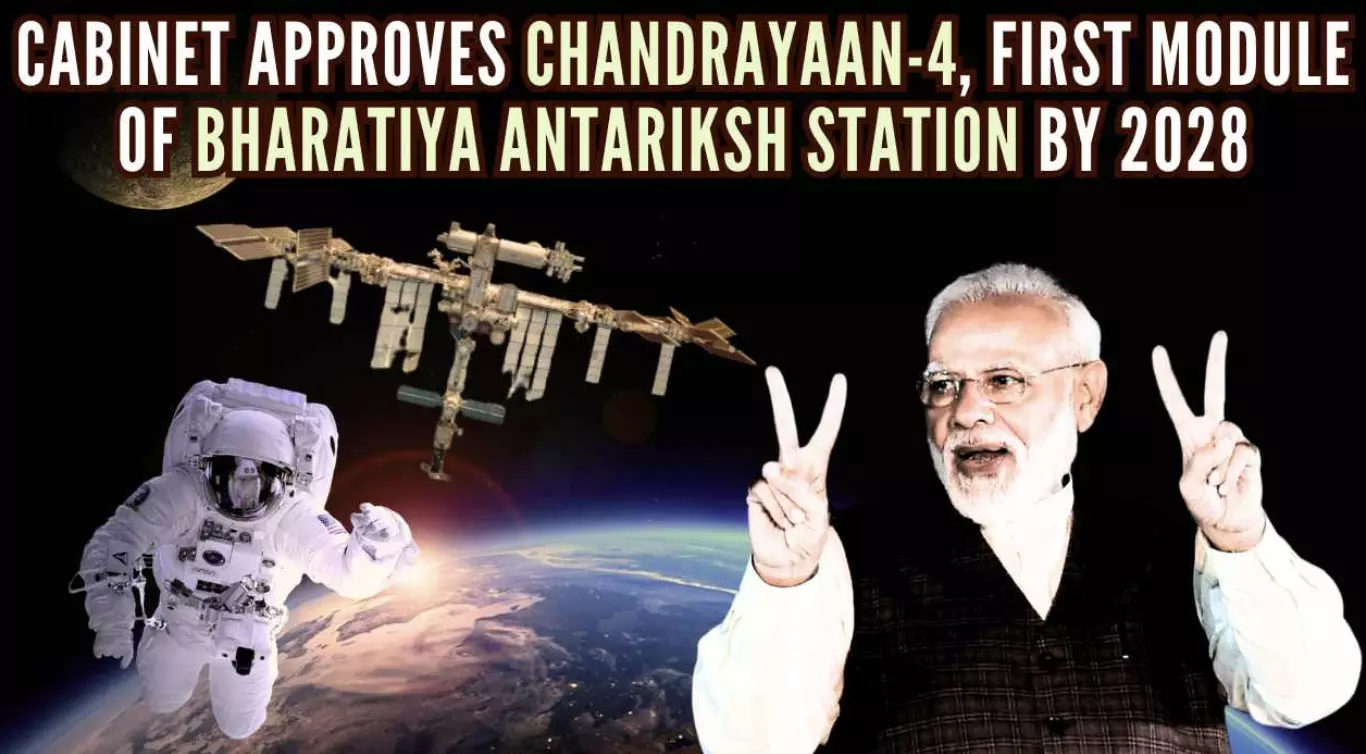Cabinet approves India's own space station: Bharatiya Antariksh Station by 2028
Cabinet approves Bharatiya Antariksh Station, sets new Gaganyaan

In a monumental advancement for India's space aspirations, the Union Cabinet, led by Prime Minister Narendra Modi, has sanctioned the development of the first module of the Bharatiya Antariksh Station (BAS-1). This approval extends the Gaganyaan programme, setting the stage for India to establish its own space station by 2035 and execute a crewed lunar mission by 2040.
The updated Gaganyaan programme now includes eight missions slated for completion by December 2028, which encompasses the launch of the BAS-1 unit. This broader scope requires additional uncrewed missions and hardware enhancements to support ongoing human spaceflight endeavors.
Expanded Scope and Funding The total budget for the Gaganyaan programme has been increased to ₹20,193 crore, with an extra ₹11,170 crore allocated to cover the expanded objectives. This significant investment highlights India's dedication to becoming a prominent force in space exploration and technology.
ISRO will lead this national initiative, partnering with industry, academia, and other national agencies. The programme's primary aim is to develop and validate critical technologies necessary for long-duration human space missions. The plan includes four missions under the current Gaganyaan programme by 2026, followed by the development of the BAS-1 module and four additional missions by 2028 for further technology demonstration and validation.
Boost to Research and Employment The Bharatiya Antariksh Station is poised to enhance microgravity-based scientific research and technological development, driving innovations in essential areas. This initiative is also expected to create increased employment opportunities in high-technology sectors related to space and allied industries.
Beyond technological and scientific advancements, the expanded programme aspires to inspire India's youth to pursue careers in science and technology, offering unique opportunities in microgravity research and development. The anticipated innovations and technological spin-offs are expected to benefit society broadly, positioning India as a leading nation in space exploration and research.

